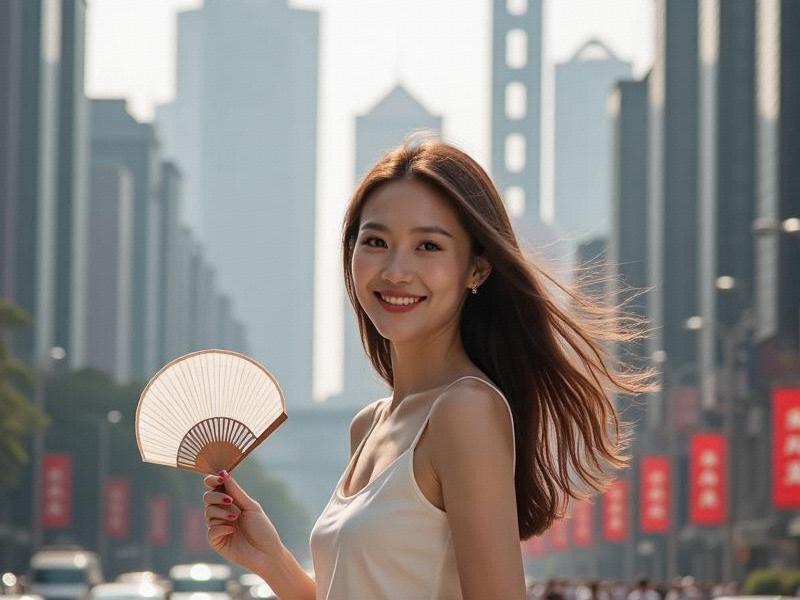An in-depth exploration of how Shanghai women have become cultural icons representing China's modernization, blending traditional values with global sophistication.

In the bustling streets of Shanghai, a distinct feminine energy pulses through the city - one that has come to define China's most cosmopolitan metropolis. Shanghai women have long been celebrated in Chinese culture, but their contemporary incarnation represents something far more profound than the "Oriental pearl" stereotype of old. Today's Shanghai woman embodies the complex intersection of tradition and modernity that defines 21st century China.
Historical Roots and Cultural Evolution
The concept of the "Shanghai woman" first gained prominence in the 1920s and 1930s, when the city's international concessions created a unique environment where Chinese traditions blended with Western influences. The "modern girls" of that era - educated, fashion-conscious, and often working in new urban professions - shocked conservative society while paving the way for future generations.
This legacy continues today, though transformed by China's economic rise. Contemporary Shanghai women navigate a vastly different landscape where:
- 78% of women aged 25-34 hold college degrees (compared to 52% nationally)
- Female labor force participation exceeds 70%
- The gender pay gap stands at 18%, significantly lower than China's national average
上海龙凤419官网
Fashion as Cultural Statement
Shanghai's fashion scene offers perhaps the most visible expression of local feminine identity. Unlike Beijing's political sobriety or Guangzhou's commercial pragmatism, Shanghai style blends European elegance with Asian refinement. The result is a distinctive aesthetic locals call "hǎipài" (海派) - the Shanghai school.
Luxury brands report Shanghai women are their most sophisticated Chinese customers, favoring understatement over ostentation. "They'll pair a Chanel jacket with qipao-inspired separates from local designers," notes Vogue China editor Margaret Zhang. "It's this cultural confidence that makes Shanghai style unique."
Career Ambition Redefined
In corporate Shanghai, women are breaking barriers while redefining success. The city boasts China's highest concentration of female executives, with women holding 38% of senior management positions (compared to 28% nationally).
上海品茶网
Finance professional Vivian Wu represents this new generation: "My grandmother couldn't choose her husband. My mother couldn't choose her career. I can choose both - but that means renegotiating all the rules." Many Shanghai women are delaying marriage (average age now 29.3) and having fewer children (fertility rate 0.8) to pursue professional goals.
The Feminist Paradox
Shanghai presents a fascinating paradox regarding gender equality. While traditional expectations persist (women still handle 78% of household chores), the city has become ground zero for China's nascent feminist movement.
WeChat groups like "Shanghai Women's Forum" have over 100,000 members discussing everything from workplace discrimination to sexual harassment laws. Meanwhile, dating shows reveal shifting expectations - a recent survey found 68% of Shanghai women would refuse to date someone earning less, challenging conventional gender norms.
上海花千坊龙凤 Future Challenges
Despite progress, Shanghai women face significant hurdles:
- Intense "leftover woman" social pressure after age 27
- Workplace discrimination masked as "protective policies"
- Rising living costs making work-life balance difficult
Yet as Shanghai solidifies its position as a global city, its women continue redefining what it means to be modern, Chinese, and female in the 21st century. Their journey offers a compelling window into China's ongoing social transformation.